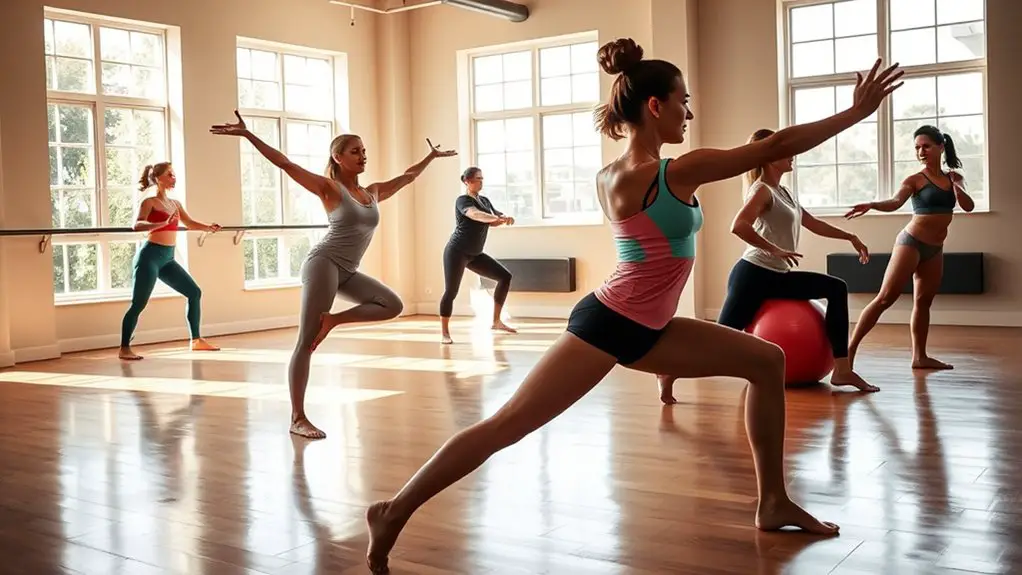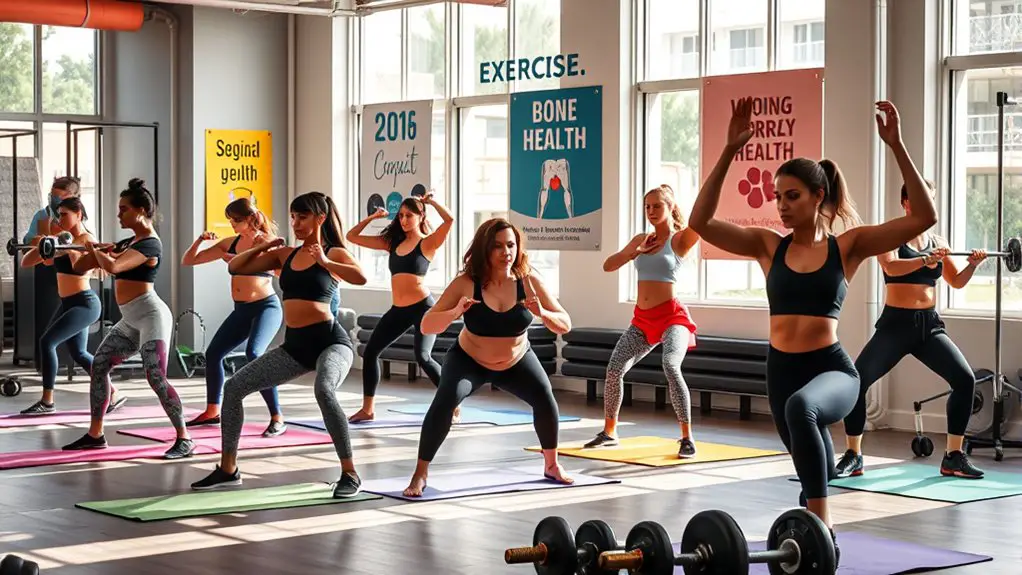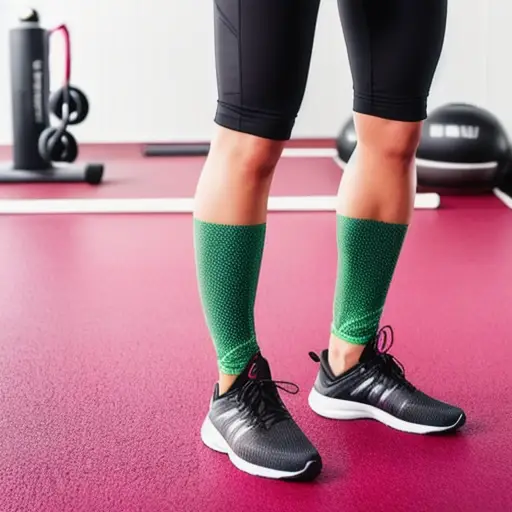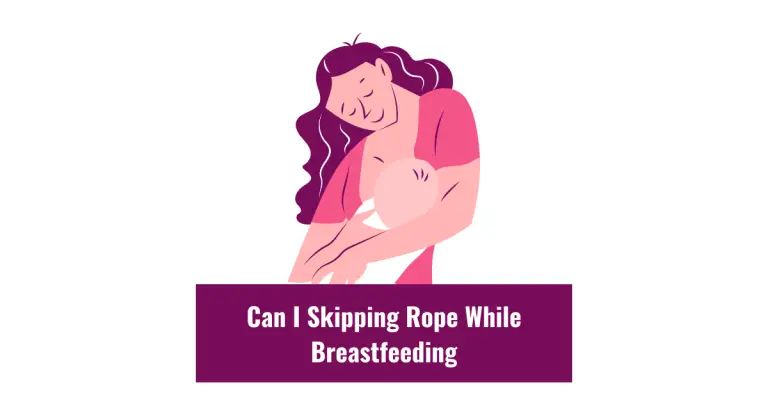The Benefits of Gym Workouts for Women’s Bone Health

Regular gym workouts are essential for your bone health, especially as a woman. Engaging in strength training and weight-bearing exercises boosts bone density and reduces osteoporosis risk. These workouts promote muscle mass and balance, enhancing overall stability. Plus, cardio activities support heart health, increasing circulation to your bones. Incorporating flexibility and balance training helps prevent falls. By maintaining a consistent gym routine, you’ll not only strengthen your bones but also improve your overall well-being. There’s so much more to explore about creating a balanced workout approach!
Understanding Bone Health and Its Importance for Women

Bone health is a essential aspect of overall well-being, especially for women. As you age, maintaining strong bones is important to prevent osteoporosis and fractures. Women generally have lower bone density than men, making them more susceptible to bone-related issues. Factors like hormonal changes, particularly during menopause, can further decrease bone density in women, highlighting the importance of proactive measures.
To support your bone health, focus on a balanced diet rich in calcium and vitamin D. These nutrients play a key role in building and maintaining bone density. Additionally, regular weight-bearing exercises can considerably improve your bone strength. By understanding the unique aspects of women’s health related to bone density, you can take informed steps to protect your bones. Prioritizing bone health now can lead to a stronger foundation for your future, ensuring you stay active and healthy as you age.
How Strength Training Affects Bone Density
Engaging in strength training can greatly boost your bone density, making it an essential component of a well-rounded fitness routine. Research shows that strength training benefits women by stimulating bone formation and slowing down bone loss. Here’s how it can lead to significant bone density improvement:
- Increases mechanical stress on bones, promoting growth.
- Enhances muscle mass, which supports bone structure.
- Improves balance and coordination, reducing fall risk.
- Increases overall strength, leading to better functional fitness.
- Can help maintain healthy hormone levels that support bone health.
Incorporating strength training into your workout regimen not only fortifies your bones but also helps prevent osteoporosis and fractures. By focusing on compound movements and progressive overload, you’ll create an environment that encourages your bones to become denser and stronger over time. So, don’t underestimate the power of lifting weights for your overall bone health!
The Role of Weight-Bearing Exercises

While strength training greatly enhances bone density, weight-bearing exercises also play an essential role in maintaining and improving bone health. These exercise types, such as walking, jogging, dancing, and stair climbing, encourage your bones to work against gravity, stimulating bone formation and reducing the risk of osteoporosis. The weight-bearing benefits are particularly significant for women, as they often experience a decrease in bone density post-menopause.
Incorporating weight-bearing exercises into your routine not only strengthens your bones but also enhances muscular strength and balance, reducing the risk of falls. Aim for at least 30 minutes of weight-bearing activities most days of the week. Whether you prefer group classes or solo workouts, find activities that you enjoy, making it easier to stick with your routine. Embracing these exercises can lead to a healthier, more resilient skeletal system, empowering you to live an active and fulfilling life.
Cardiovascular Workouts and Their Impact on Bone Health
Although often overlooked in discussions about bone health, cardiovascular workouts can play an essential role in maintaining strong bones. Engaging in regular cardio can enhance bone density, especially when you focus on cardio intensity and workout duration. Here are some key benefits of incorporating cardiovascular exercises into your routine:
- Increases heart health, promoting better circulation to bones
- Enhances overall endurance, making weight-bearing activities easier
- Supports weight management, reducing stress on bones
- Stimulates hormone production, aiding in calcium absorption
- Boosts mood, encouraging a consistent workout regimen
To reap these benefits, aim for a mix of moderate to high-intensity cardio sessions lasting at least 150 minutes each week. Activities like running, cycling, and swimming not only improve cardiovascular fitness but also contribute positively to your bone health. By prioritizing cardio, you’re investing in a holistic approach to your well-being.
Flexibility and Balance: Key Components for Bone Support

Flexibility and balance are essential for maintaining strong bones and preventing injuries. When you incorporate flexibility training into your routine, you’re not just improving your range of motion; you’re also enhancing your overall stability. This combination can considerably contribute to bone health, especially as you age.
Importance of Flexibility Training
When you incorporate flexibility training into your workout routine, you not only enhance your range of motion but also play an essential role in supporting bone health. Flexibility exercises, such as yoga and stretching techniques, help maintain bone density by promoting joint health and reducing injury risk. Here are some key benefits:
- Improves posture and alignment
- Increases blood flow to muscles and bones
- Enhances overall athletic performance
- Reduces muscle tension and stress
- Supports recovery and reduces soreness
Integrating flexibility training can help you stay active and engaged in your fitness journey. With consistent practice, the yoga benefits you gain extend beyond flexibility, fostering a stronger, more resilient skeletal system.
Enhancing Balance Skills
As you focus on enhancing your balance skills, you’ll discover that this aspect of fitness is essential for maintaining bone health, especially as you age. Incorporating balance exercises into your routine not only improves stability but also reduces the risk of falls, which can lead to fractures. Stability training strengthens your core and lower body, providing a solid foundation for daily activities.
Here’s a quick overview of effective balance exercises:
| Exercise Type | Benefits |
|---|---|
| Single-leg Stand | Improves stability and focus |
| Heel-to-Toe Walk | Enhances coordination and posture |
| Balance Board Use | Strengthens ankle stability |
The Psychological Benefits of Regular Gym Workouts
Empowerment often blossoms in the gym, where regular workouts can greatly enhance psychological well-being. Engaging in consistent exercise not only strengthens your body but also boosts your mental health. Here are some key psychological benefits you might experience:
Empowerment thrives in the gym, fostering both physical strength and vital mental health benefits through regular exercise.
- Stress Reduction: Exercise releases endorphins, reducing feelings of stress and anxiety.
- Boosted Self-Esteem: Achieving fitness goals can elevate your self-confidence and promote body positivity.
- Improved Mood: Regular workouts can combat depression and improve overall mental outlook.
- Enhanced Focus: Physical activity can sharpen your concentration and cognitive function.
- Social Connections: Group classes foster a sense of community and support, enhancing emotional well-being.
- Incorporating activities like jump rope workouts can further elevate mood and provide an enjoyable challenge.
Incorporating gym workouts into your routine can lead to a happier, healthier mindset, helping you tackle life’s challenges with resilience and positivity. Embrace the gym as a place not just for physical strength, but for mental empowerment too!
Creating a Balanced Workout Routine for Optimal Results

To achieve ideal bone health, it’s essential to create a balanced workout routine that includes both strength training and cardiovascular exercise. Strength training not only builds muscle but also increases bone density, while cardio supports heart health and overall endurance. By combining these elements, you can enhance your fitness and protect your bones effectively.
Incorporating Strength Training
While many people associate gym workouts primarily with cardio, incorporating strength training is essential for enhancing women’s bone health and overall fitness. Utilizing effective strength training techniques can greatly boost your results. Here are some resistance training benefits you shouldn’t overlook:
- Increases bone density, reducing osteoporosis risk
- Enhances muscle strength and endurance
- Improves balance and coordination
- Supports metabolic rate and weight management
- Boosts overall mood and mental health
Cardiovascular Exercise Importance
Strength training plays an essential role in women’s fitness, but it’s equally important to include cardiovascular exercise in your routine for a well-rounded approach to health. Cardio benefits, such as improved heart health, enhance your overall fitness and support bone health by increasing blood flow and nutrient delivery to bones and muscles. Engaging in activities like running, cycling, or swimming can help reduce the risk of heart disease, a crucial consideration for women. Aim for at least 150 minutes of moderate-intensity cardio each week to reap these benefits. By balancing strength training with cardiovascular workouts, you not only boost your endurance and stamina but also build a strong foundation for maintaining healthy bones throughout your life.
Tips for Staying Motivated and Consistent in the Gym
Staying motivated and consistent in the gym can be challenging, especially when life gets busy or workouts start to feel monotonous. To help keep your momentum going, consider these effective strategies:
Staying motivated in the gym can be tough; use effective strategies to maintain your momentum and enjoy your workouts.
- Set specific goals: Break larger objectives into smaller, achievable milestones.
- Find a workout buddy: Partnering up can make workouts more enjoyable and hold you accountable.
- Mix it up: Incorporate different exercises or classes to keep things fresh and exciting.
- Track your progress: Use a journal or app to monitor improvements, which can boost motivation.
- Reward yourself: Celebrate your achievements, whether it’s treating yourself to new workout gear or a relaxing day off. Recognizing the need for rest days can also help you avoid burnout and maintain enthusiasm for your workouts.
Frequently Asked Questions
How Often Should Women Workout for Optimal Bone Health?
To optimize bone health, you should aim for at least 150 minutes of moderate-intensity aerobic activity each week, alongside strength training at least twice a week. This frequency recommendation helps guarantee your bones receive the stress they need to strengthen. Incorporating high-impact exercises, like jumping or running, can further enhance bone density. Remember, balancing workout intensity with recovery is vital for preventing injury while achieving the best results for your bone health.
Are Certain Gym Machines Better for Bone Density?
Oh sure, you might think those shiny weight machines are just for showing off your gym selfies, but they’re actually your best friends when it comes to bone density! Strength training using these machines can greatly enhance your bone health. Exercises like leg presses and chest presses target multiple muscle groups, promoting bone strength. So, don’t just flex for the ‘gram; let those machines work their magic and boost your bone density!
Can Yoga Improve Bone Health for Women?
Yes, yoga can improve bone health for women. It’s been shown that practicing yoga regularly offers numerous yoga benefits, including increased bone density. Weight-bearing poses, like Tree Pose or Warrior II, help stimulate bone growth and strengthen muscles. Additionally, yoga enhances balance and flexibility, reducing the risk of falls, which is vital for maintaining bone health. Incorporating yoga into your routine can be a beneficial way to support your overall skeletal strength.
What Age Should Women Start Focusing on Bone Health?
Think of your bones as a garden that needs nurturing. You should start focusing on bone health in early adulthood, around your 20s, as this is when your bone density peaks. By maintaining this foundation, you can better manage the changes during the menopause shift, which often leads to bone loss. Taking proactive steps early on helps guarantee your garden thrives, keeping your bones strong and resilient as you age.
Are Supplements Necessary for Enhancing Bone Health With Workouts?
When considering whether supplements are necessary for enhancing bone health with workouts, it often depends on your diet and individual needs. Common supplement types include calcium and vitamin D, which can support bone density. However, focusing on workout nutrition—like consuming protein and whole foods—can also greatly benefit your bones. It’s best to consult with a healthcare professional to determine what’s right for you, ensuring you get ideal support for your fitness goals.





